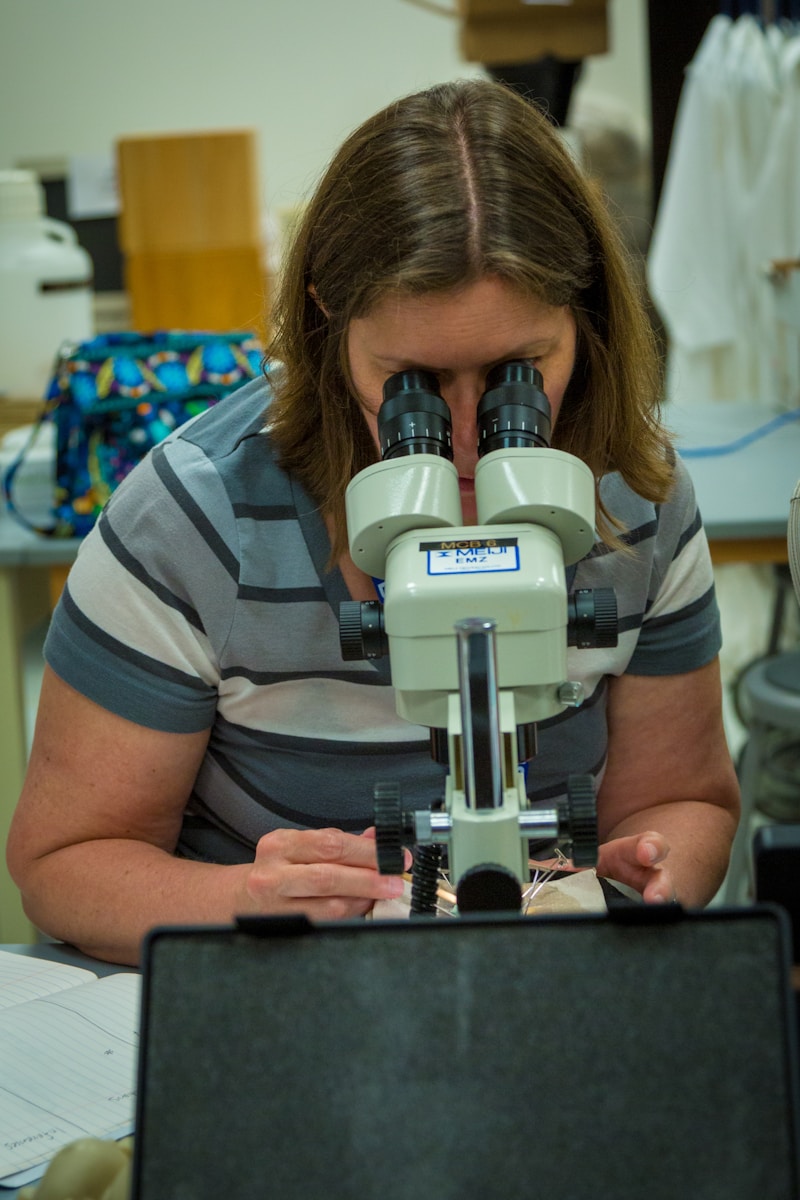Friederike Fabritius: A Trailblazer in Neuroleadership
Transforming Leadership Through Neuroscience
Friederike Fabritius is a renowned neuroscientist, Wall Street Journal bestselling author, and influential keynote speaker who has made significant contributions to the field of neuroleadership. Her unique approach combines deep scientific insights with practical leadership strategies, allowing leaders to enhance their decision-making, collaboration, and overall workplace dynamics. Fabritius began her career at the prestigious Max Planck Institute for Brain Research, where her fascination with how the brain operates sparked her journey into neuroscience. However, her real epiphany occurred during her time at McKinsey & Company, where she observed a profound disconnect between traditional business practices and what neuroscience reveals about optimal brain function. This realization motivated her to champion the application of neuroscience in leadership, emphasizing the need for brain-friendly environments in the corporate world.
Fabritius’ influence extends across the globe, having engaged with C-level executives from Fortune 500 companies such as Google, EY, Deloitte, BMW, and Audi. Her brain-based leadership programs have been instrumental in transforming how these organizations approach innovation, change management, and employee well-being. Known for her dynamic speaking style, Fabritius captivates audiences by translating complex neuroscience concepts into actionable leadership insights. Her mission is clear: to create work environments that not only enhance performance but also foster happiness and well-being. Her commitment to this cause has earned her accolades as a LinkedIn Top Voice, where she continues to inspire thousands with her focus on work-life balance and brain-friendly practices.
Beyond her work with corporations, Fabritius also contributes to the broader discourse on technology and innovation as a member of the German Academy of Science and Engineering. Her role involves advising on the integration of new technologies and artificial intelligence, ensuring that these advancements align with human-centric principles. Fabritius’ dedication to merging neuroscience with leadership has not only elevated her profile as a thought leader but also set a new standard for how companies can leverage scientific insights to drive meaningful change. Through her work, Fabritius has proven that understanding the brain is not just a scientific pursuit but a critical component of effective leadership.
Examining “The Brain-Friendly Workplace”
Friederike Fabritius’ latest book, The Brain-Friendly Workplace: Why Talented People Quit and How to Get Them to Stay, offers a compelling exploration of how workplaces can better support their employees by aligning with the brain’s natural preferences. In this Wall Street Journal bestseller, Fabritius argues that traditional corporate practices—such as long hours, rigid hierarchies, and relentless pressure—are fundamentally misaligned with how the brain functions best. She provides a science-based blueprint for creating work environments that are not only more humane but also more effective. By advocating for flexibility, diversity of thought, and inclusive approaches to leadership, Fabritius presents a transformative vision for the future of work.
While the book has been widely praised for its innovative approach, some critiques have emerged regarding its practicality in diverse business settings. For instance, Fabritius’ recommendations often emphasize the need for systemic change, which can be daunting for organizations with deeply entrenched cultures. Additionally, while her arguments are well-supported by neuroscience, the book occasionally lacks specific, actionable steps for leaders to implement these changes incrementally. Critics suggest that more guidance on small, manageable interventions could enhance the book’s applicability, particularly for leaders who may be constrained by existing corporate structures or limited resources. Nonetheless, the core message of The Brain-Friendly Workplace—that fostering brain-friendly environments is essential for talent retention and engagement—remains a powerful call to action for leaders at all levels.
To further explore these nuances, it would be beneficial to invite Friederike Fabritius for a discussion about her book and to address these critiques. Such a conversation could provide deeper insights into how her neuroscience-based strategies can be adapted to meet the unique challenges of different organizational contexts, ensuring that her vision of brain-friendly workplaces can be realized across the board.
Insights from “The Leading Brain”
Review of “The Leading Brain: Neuroscience Hacks to Work Smarter, Better, Happier”
In The Leading Brain: Neuroscience Hacks to Work Smarter, Better, Happier, Friederike Fabritius, alongside co-author Hans Hagemann, explores how neuroscience can enhance leadership effectiveness. The book provides a deep dive into the neurological underpinnings of key leadership skills, offering readers a toolkit of practical strategies to improve decision-making, motivation, and resilience. Fabritius’ approach is rooted in scientific evidence, yet she presents her findings in a way that is accessible and engaging, making the content relevant for a broad audience of leaders, from seasoned executives to emerging managers.
However, some critiques of the book highlight its tendency to overgeneralize certain scientific concepts, which may not always align perfectly with the realities of different leadership environments. For example, the book’s emphasis on fostering intrinsic motivation is compelling, but the challenge lies in applying this principle in highly structured or results-driven corporate settings. Additionally, the focus on individual behavioral changes could benefit from a more integrated perspective that considers organizational culture and external influences. Despite these critiques, The Leading Brain is a valuable resource for those seeking to bridge the gap between science and leadership, offering a fresh perspective on how to lead in a way that aligns with our natural neurological tendencies.
Given these observations, inviting Friederike Fabritius to engage in a discussion about the book would be a great opportunity to delve deeper into how her insights can be tailored to various leadership scenarios. A dialogue addressing the critiques would not only provide clarity but also expand on how neuroscience can be effectively applied to diverse workplace challenges. By exploring these dimensions with Fabritius, leaders can gain a more nuanced understanding of how to implement her strategies in a way that resonates with their unique organizational contexts.
The Future of Leadership: A Brain-Friendly Approach
Friederike Fabritius is not just advocating for a new style of leadership; she is championing a movement towards workplaces that prioritize human well-being and performance. Her focus on neuroleadership challenges conventional wisdom about productivity and success, urging leaders to consider how their practices impact the brain and, consequently, the people they lead. Fabritius’ work underscores the importance of creating environments that support mental health, engagement, and sustainable performance—principles that are increasingly relevant in today’s evolving work landscape.
In a world where burnout and disengagement are prevalent, Fabritius’ insights provide a much-needed counter-narrative. Her emphasis on brain-friendly practices aligns with broader trends towards greater flexibility, inclusivity, and personalization in the workplace. By grounding her recommendations in neuroscience, Fabritius offers leaders a credible, science-backed pathway to improving not just their own performance, but also the well-being of their teams. Her work is a reminder that leadership is not solely about achieving results; it is about nurturing the people who drive those results, ensuring that they can thrive both professionally and personally.
In conclusion, Friederike Fabritius is at the forefront of a paradigm shift in leadership, one that recognizes the profound impact of neuroscience on how we work and lead. Her books, keynote speeches, and consultancy work continue to inspire leaders to rethink their approaches and adopt strategies that are aligned with the natural workings of the brain. As we move towards a more human-centered future of work, engaging with Fabritius will be essential in understanding how we can create environments that are not only productive but also fulfilling. Her vision of brain-friendly leadership is not just a trend; it is a transformative approach that holds the potential to redefine the future of work.
___
#FriederikeFabritius #Neuroleadership #BrainFriendlyWorkplace #TheLeadingBrain #Leadership #TalentRetention #WorkLifeBalance










